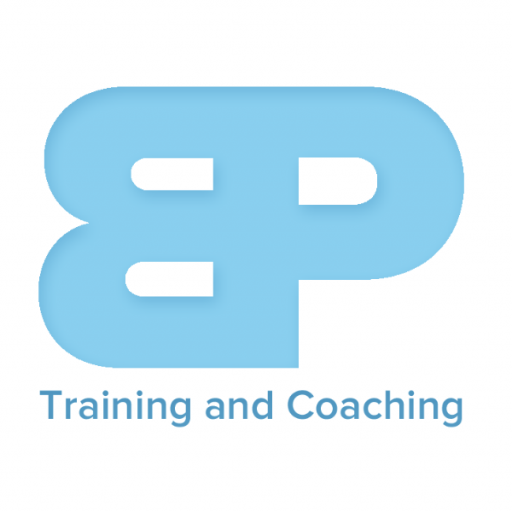Reflective writing is a powerful tool for self-care and personal growth. It involves reflecting on and examining our thoughts, feelings, and experiences and exploring their impact on our lives.
Personal reflective writing is a powerful tool for self-discovery and personal growth. By making reflective writing a part of your self-care routine, you can improve your mental and emotional well-being, clarify your goals and aspirations, and lead a more fulfilling life.
But what is reflective writing?
Reflective writing is a process of introspection and self-reflection, where an individual thinks about and writes about their personal experiences and emotions. It allows for deeper understanding and insight into one’s self and the world around them.
Tips for implementing reflective writing into your self-care routine
- Set aside dedicated time each day or week for reflective writing.
- Find a quiet, comfortable place to write and eliminate distractions.
- Write without judgment, allowing yourself to express your thoughts and feelings freely.
- Use prompts to guide your writing, such as: “What did I learn from this experience?” or “How did this make me feel?”
- Reflect on your writing and make connections between your experiences and emotions.
- Consider writing about positive experiences and gratitude as well as challenging experiences.
- Be consistent and make reflective writing a non-negotiable part of your self-care routine.
Benefits of reflective writing
- Enhances self-awareness and understanding of emotions
- Helps process and make sense of difficult experiences
- Promotes personal growth and development
- Improves problem-solving and decision-making skills
- Supports mental and emotional well-being
- Helps clarify goals and aspirations
Here are some questions to help you with your reflective writing
- How can you use this practice to support these goals?
- What topics or themes do you feel drawn to explore through your reflective writing, and how can you generate new ideas for reflection?
- What specific questions or prompts might be helpful in guiding your reflective writing, and how can you tailor these to your own needs and interests?
- How can you create a supportive and non-judgmental environment for your reflective writing, and what strategies might be helpful in managing self-criticism or self-doubt?
- What potential obstacles or challenges might arise in your reflective writing practice, and how can you develop strategies for overcoming these barriers?
- How can you incorporate reflective writing into your daily or weekly routine, and what strategies might be helpful in maintaining a consistent practice?
- What are some different formats or styles of reflective writing that you might explore, such as poetry, creative nonfiction, or letter writing?
- How can you use your reflective writing as a tool for personal growth and self-awareness, and what strategies might be helpful in identifying areas for growth?
- What are some potential benefits of sharing your reflective writing with others, such as a therapist, coach, or support group, and how can you do this in a safe and supportive way?
- How can you approach your reflective writing with a sense of curiosity and openness and use it as an opportunity for self-exploration and learning?
Remember, reflective writing is a personal practice, and there is no one right way to do it. I encourage you to experiment with different formats, prompts, and approaches to find what works best. Creating a supportive and non-judgmental environment can help you develop a meaningful and sustainable reflective writing practice.
Prompts for your reflective writing
- What have been some defining moments or experiences, and how have they shaped who I am today?
- What challenges or obstacles am I currently facing, and how can I work through them?
- What values or beliefs are important to me, and how do they guide my actions and decisions?
- What habits or patterns would I like to change, and what steps can I take to make these changes?
- What goals or aspirations do I have for my personal or professional life, and how can I work towards them?
- What are some relationships in my life that are meaningful or challenging, and what can I learn from these experiences?
- What brings me joy or fulfillment, and how can I incorporate more of these into my life?
- What areas of my life am I avoiding or neglecting, and how can I address these areas?
- What moments or experiences have brought me clarity or insight, and how can I use these insights to grow and develop?
- What lessons or insights have I learned from recent experiences or challenges, and how can I apply these to my life moving forward?
Remember, these prompts are just a starting point, and many other topics and themes can be explored through reflective writing. So I encourage you to follow your interests and intuition and use reflective writing for self-exploration and growth.
